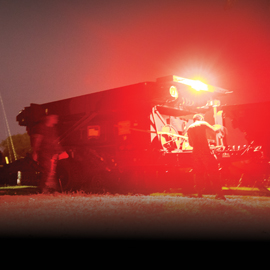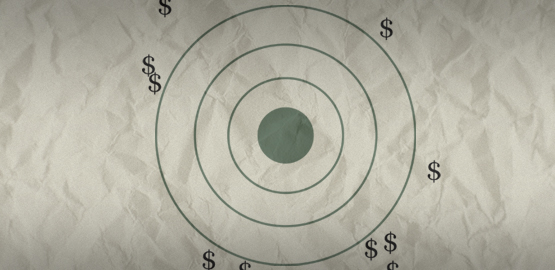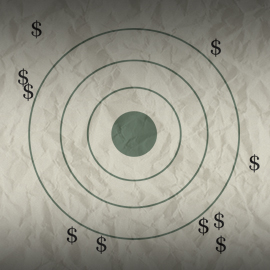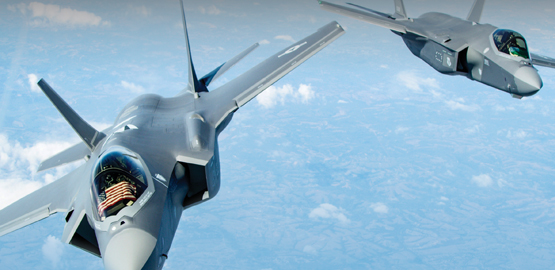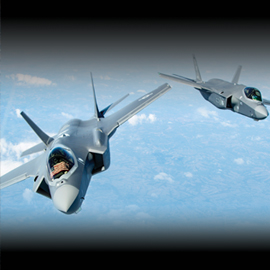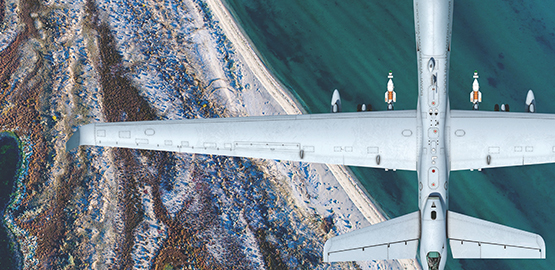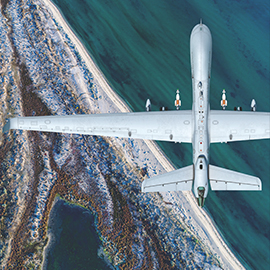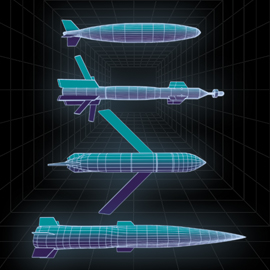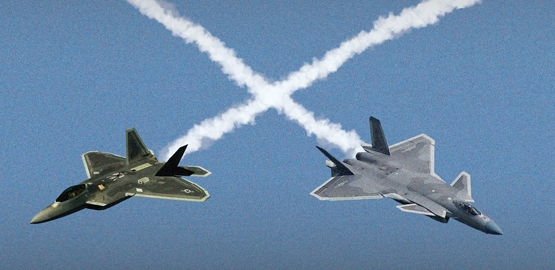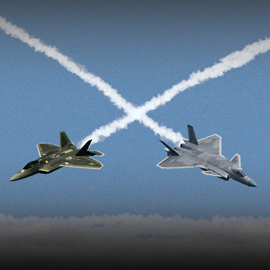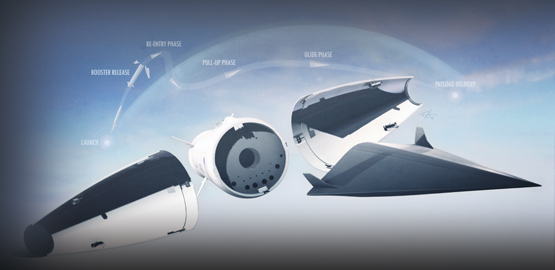News
Advisors in Libya May Punch Above Their Weight
Libyan rebels will soon be bolstered by the efforts of some 30 to 40 military advisors from Britain, France, and Italy. Critics argue that such a small force can hardly turn the tide of a conflict that seems to be running against the NATO-backed rebels, but in the past such advisory missions have often served as significant force multipliers.But there may be more to these advisors than meets the eye/.../“The number of advisors need not be large at all depending on the objectives to be achieved,” said Dakota Wood, a retired lieutenant colonel in the US Marine Corps and senior fellow at the Center for Strategic and Budgetary Assessments, in an interview with Bellum. He cited the exploits of Lawrence of Arabia during World War I, various CIA efforts during the Cold War, and most recently US support to the Northern Alliance just after the September 11th attacks. Even in small numbers, Mr. Wood explained, advisors “can have a disproportionate impact on the effectiveness of such a group.” They will provide a key link between the rebels and the capabilities of the NATO coalition — reconnaissance, intelligence and so forth — and, in reverse, provide the Western allies with “real-time intelligence of actual conditions” within the rebel movement. Further, the Libyan rebels have virtually zero experience, are poorly organized, lack discipline, and have proven unable to coordinate their actions in any meaningful, sustained manner. Mr. Wood argued that the advisory mission would present the rebels with an opportunity “to better organize their fight.” Politically, it also gives the nations involved a way to demonstrate their commitment without deploying ground troops.
Future UAVs Must Be Hardened: USAF Officers
Future unmanned aircraft will have to be designed to fly over hostile areas where an enemy would actively challenge their presence, a panel of three U.S. Air Force officers said/.../ The Air Force cannot take the air bases it operates UAVs out of for granted. Such bases might come under attack from enemy forces, which would necessitate developing unmanned jets with greater range and persistence to enable such aircraft to operate from outside the range of those potential threats, said Mark Gunzinger, an analyst at the Center for Strategic and Budgetary Assessments in Washington. However, communications could be the deciding factor for future unmanned aircraft."Stealth technology is such today that we can make platforms that are much, much more survivable," he said.
Pentagon Faces Budget Cuts
Defense Secretary Gates said weeks ago that the $78 billion in cuts proposed were as much as the Pentagon budget could absorb. So now, with President Obama calling for $400 billion more, there's a lot of talk in the military and on Capitol Hill about where these cuts could come from. CSBA's Todd Harrison weighs in on the proposed cuts.
Obama’s $400B Cut Plays It Safe
After the last Quadrennial Defense Review (QDR) failed to prioritize capabilities or missions, defense observers are not confident this new review will be any different/.../Todd Harrison, a senior fellow for defense budget studies at the Center for Strategic and Budgetary Assessments, suggested an independent board be appointed to perform the review, lest each service fight to preserve its own turf and force structure. As an example, he pointed to President Dwight Eisenhower’s competitive Solarium Project of 1953, where three independent teams crafted separate security policy options. Their work eventually led to Eisenhower’s New Look policy, which tried to balance military capabilities with the country’s financial resources in the 1955 budget.
Gates Cautions Of Military Rollback
In a Wednesday speech outlining his plan to rein in ballooning deficits, Mr. Obama proposed cutting $400 billion in projected security spending by 2023/.../ Todd Harrison, a senior fellow at the nonpartisan Center for Strategic and Budgetary Assessments, said reaching the president's budget targets would require that the Pentagon "go beyond efficiencies" and seek more substantial cuts to both troop strength and weapons programs."What they've cut so far was essentially low-hanging fruit—programs that were troubled or weapons systems that we simply didn't need any more," he said. The Obama plan would force Washington, he added, to make "hard choices" about which spending to jettison."If it's not done right … and everyone has to take a haircut, the risk is you end up with a military that is just smaller and less capable in all areas, rather than fully capable in the most important areas," he said.
Gates Sets ‘Comprehensive Review’ To Find $400 Billion In Cuts
The U.S. Defense Department will begin a “comprehensive review” to find $400 billion in spending cuts as part of President Barack Obama’s plan to reduce the federal deficit/.../Todd Harrison, a defense budget analyst for the Washington-based Center for Strategic and Budgetary Assessments, which studies defense expenditures and national security strategy, said reaching that level of savings will require “more than just efficiencies.”“It will require making hard choices about force structure, pay, benefits and modernization programs,” Harrison said. “There are no magic bullets.”







